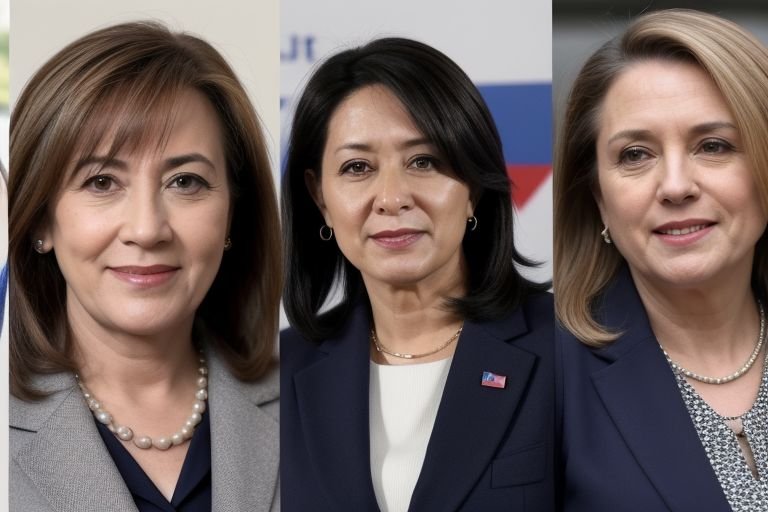
Female Politicians Face Increased Online Harassment On Social Media Platforms
A recent study has also found that female politicians in Europe receive twice as many sexist remarks online as male politicians, a disturbing trend that is being repeated again and again on Twitter. In short, this finding underscores both how far women still have to go in achieving parity with men in the political arena, and the ways that women repeatedly confront antiquated gender stereotypes.
The study, which included reviewing interactions of politicians on social media in multiple European countries, discovered that politicians are shot at disproportionately with gender based harassment, discriminatory remarks, offensive remarks and personal attacks, solely because they are female. These online behaviours aren’t just hostile to female politicians, but if amplified, could discourage women from going into or reentering the world of politics at all.
These sexist comments can range from political criticism to appearance, personal life and gender stereotypes, according to researchers. And given that social media platforms have increasingly become key means of political engagement, communication with constituents, it is particularly concerning.
The calls to strengthen efforts to combat online harassment and protect women in politics stem from the findings. And a lot of experts are saying that social media companies need to do a better job at moderating content and creating safer spaces for political speech. Solutions were suggested, including better algorithms to discover, and remove, sexist material, stricter enforcement of community guidelines, and more robust ways for users to report their concerns.
They are also urging political parties and governments across Europe to deal with this. The proposals they suggest are to provide better support and resources for female politicians that have to deal with online harassment, to ensure broader digital literacy programmes, and even pass the legislation that would make the someone accountable for carrying out online abuse.
But study authors said the problem of online sexism towards female politicians is not simply about individual experiences, it’s also a systemic, societal matter that diminishes democratic participation. Allowing this behaviour to continue unabated could dissuade talented women from becoming politicians and hence have consequences for the diversity and quality of political representation, they say.
European countries struggle to deal with this challenge, and tech companies, policymakers and society are realising that online harassment against female politicians can’t be fought without such an approach. What they want to achieve is that all online there should be an environment where women politicians, or any politicians for that matter, could have talk with citizens and not be prone to being attacked because of it.
This like broader discussions about online safety, freedom of speech relates to the role of social media in modern democracy. Many are watching as Europe maintains its leadership with its digital regulations, so how does Europe approach this particular manifestation of online harassment and what lessons can be learned for other regions dealing with similar problems?


